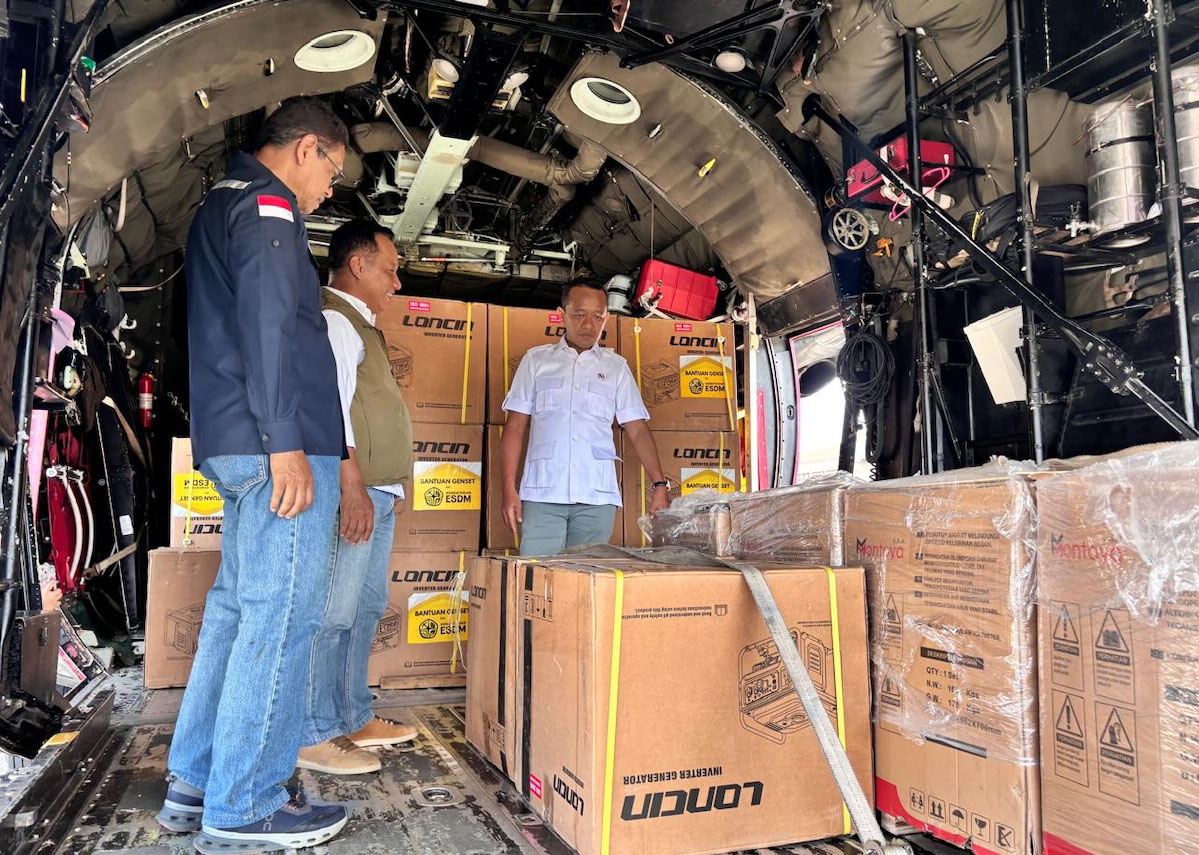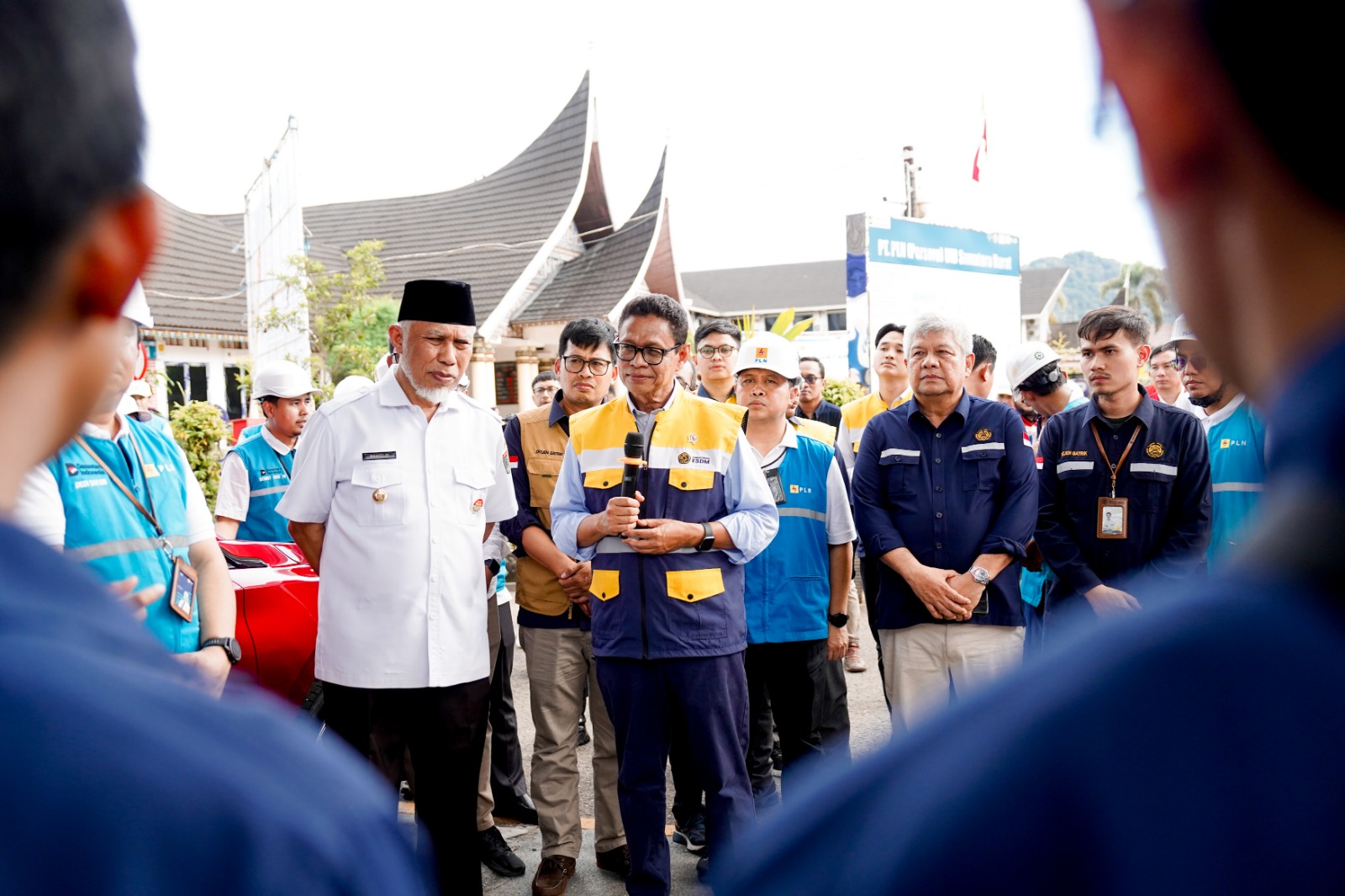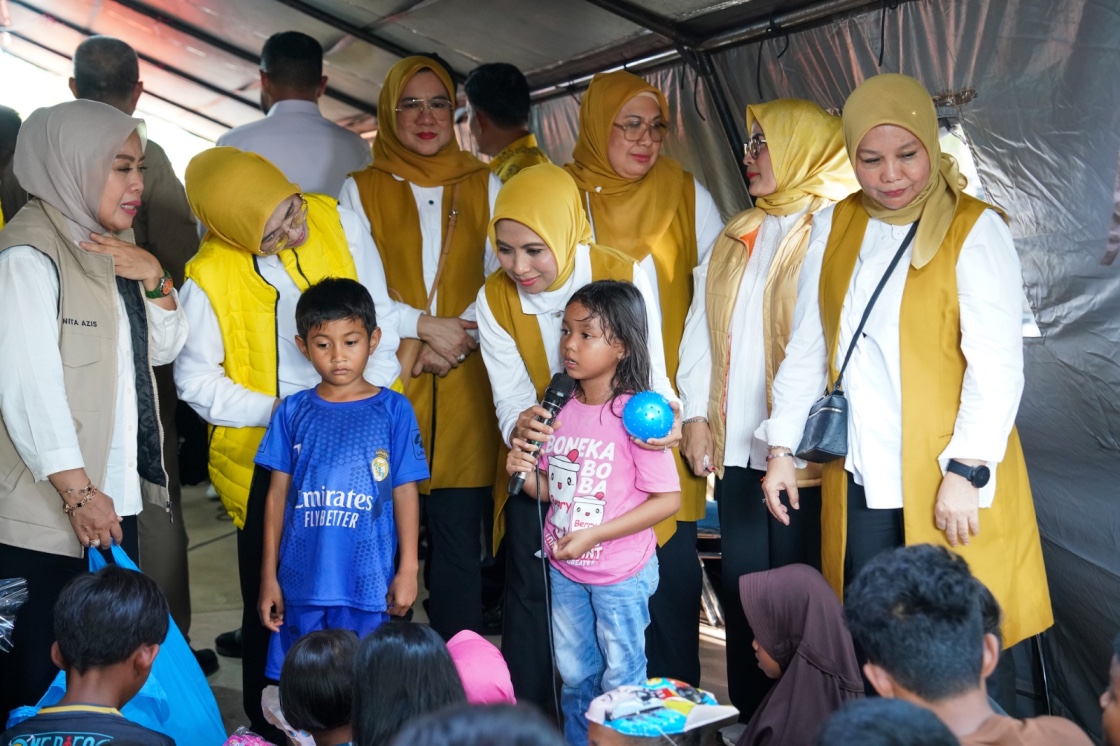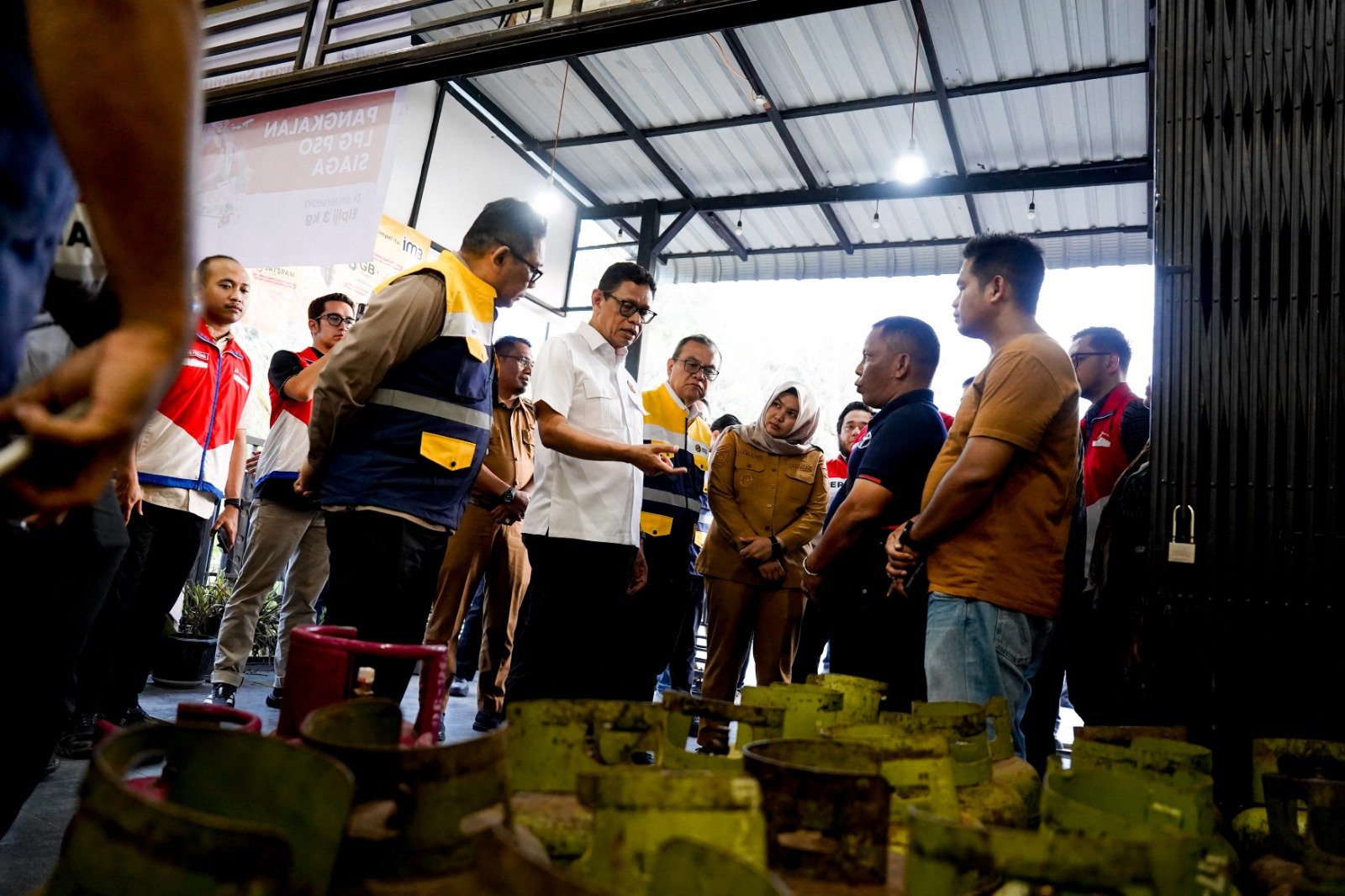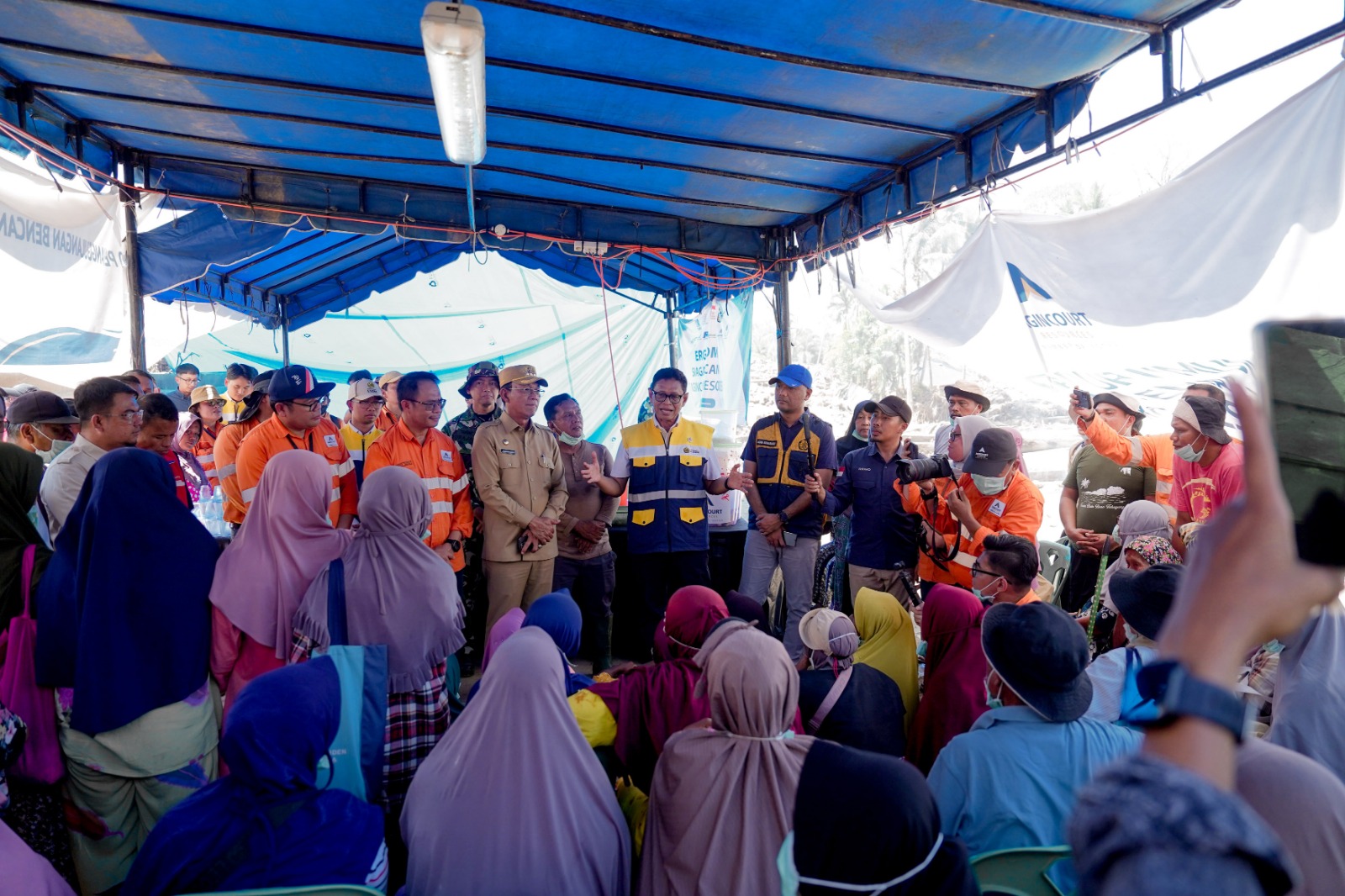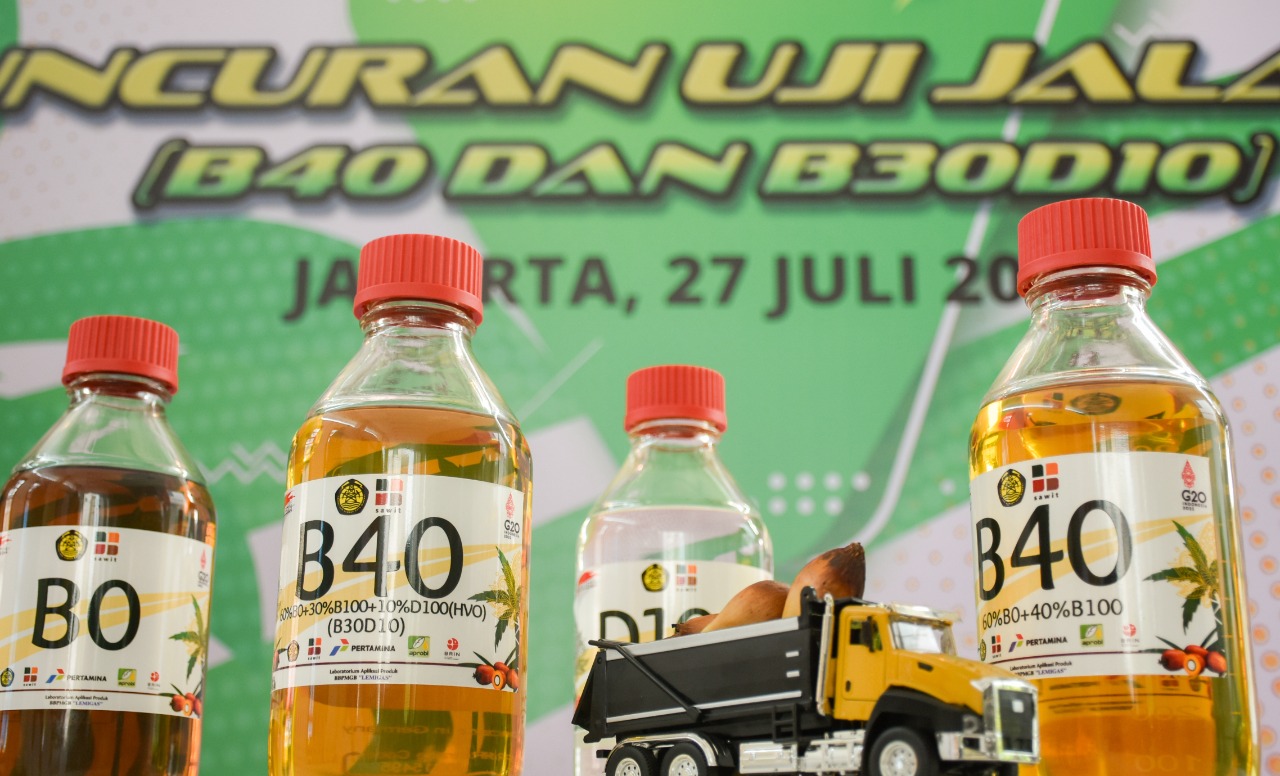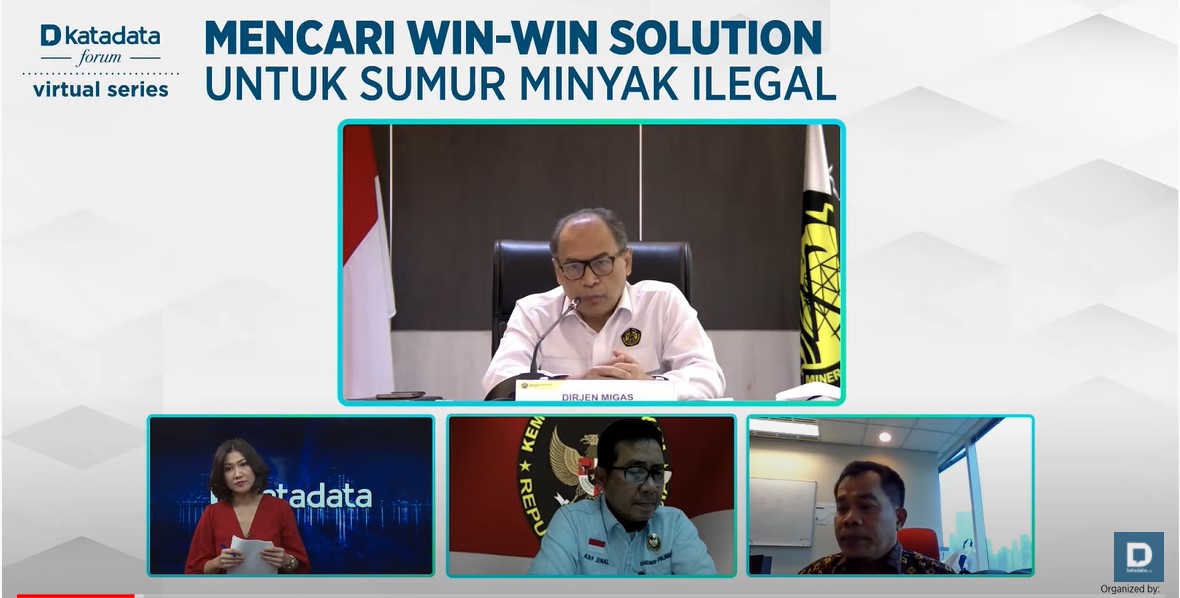
Handling of Illegal Drilling is a Balance between Enforcement and Empowerment, Says Official
MINISTRY OF ENERGY AND MINERAL RESOURCES
REPUBLIC OF INDONESIA
PRESS RELEASE
NUMBER: 472.Pers/04/SJI/2021
Date: 22 December 2021
Handling of Illegal Drilling is a Balance between Enforcement and Empowerment, Says Official
The government will take firm action against illegal drilling that is rife in several regions. Besides causing harm to the country, this practice damages the environment.
"Based on regulation, namely the Oil and Gas Law, illegal drilling is not allowed. What is allowed is drilling done by a contractor of Production Sharing Contract (PSC)," said Director General of Oil and Gas of the Ministry of Energy and Mineral Resources (EMR), Tutuka Ariadji, in a discussion titled 'Looking for a Win-Win Solution for Illegal Oil Wells' held by research and online media company Katadata in Jakarta on Tuesday (21/12).
In addition to firm action, continued Tutuka, the government will continue to empower and foster local oil-field workers so that they understand safety and environmental aspects. "This different approach is carried out according to the direction of the Minister of EMR. We prioritize empowerment. However, if the rules are violated, we expect the authorities to take action. We try to strike a balance between law enforcement and empowerment--guidance," said Tutuka.
Illegal mining that occurs outside Java, such as in Jambi and South Sumatra, is difficult to overcome because it is carried out in forests or in areas that are difficult to reach. "In both provinces, the number (of illegal drilling) is quite large," said Tutuka.
The Ministry of EMR has noted there are approximately 4,500 illegal wells in Indonesia with oil production estimated at 2,500-10,000 barrels of oil per day (bopd). "The number is dynamic. Oil is produced from shallow reservoirs, so when the reserve depletes, these people will move to a different spot, and this recurs. We don't want widespread environmental damage to occur," explained Tutuka.
One of the efforts taken by the government is to revise Regulation of Minister of EMR Number 1 of 2008 on Guidelines for Petroleum Mining in Old Wells. The revision involves stakeholders and communities.
"This revision is aimed to accommodate the fostering and legalization of illegal drilling in the future," said Tutuka.
Points raised in the proposed revision include providing additional definitions for oil-well management by communities inside and outside PSC's work area, setting up a coordination team, and adding arrangements for old-wells management by village-owned enterprises (BUMDes).
The proposal also lists making arrangements for the organization and production of oil-wells managed by communities in rural areas inside PSC's work area, regulating the management of oil wells by communities outside PSC's work area according to applicable laws and regulations, confirming environmental aspects, setting the reference price for lifting and transportation costs, and strengthening the functions of regional governments to foster and supervise regional government-owned enterprises (BUMD)/community cooperatives (KUD). (IY)
Head of Bureau of Communication, Public Information Services, and Cooperation
Agung
Pribadi (08112213555)
Share This!

